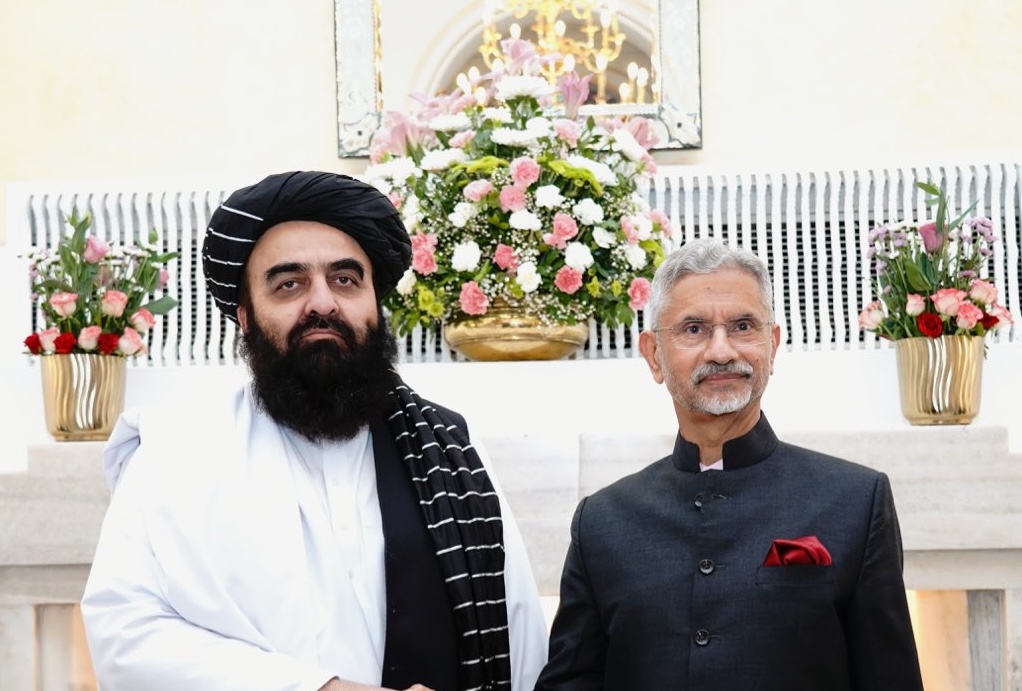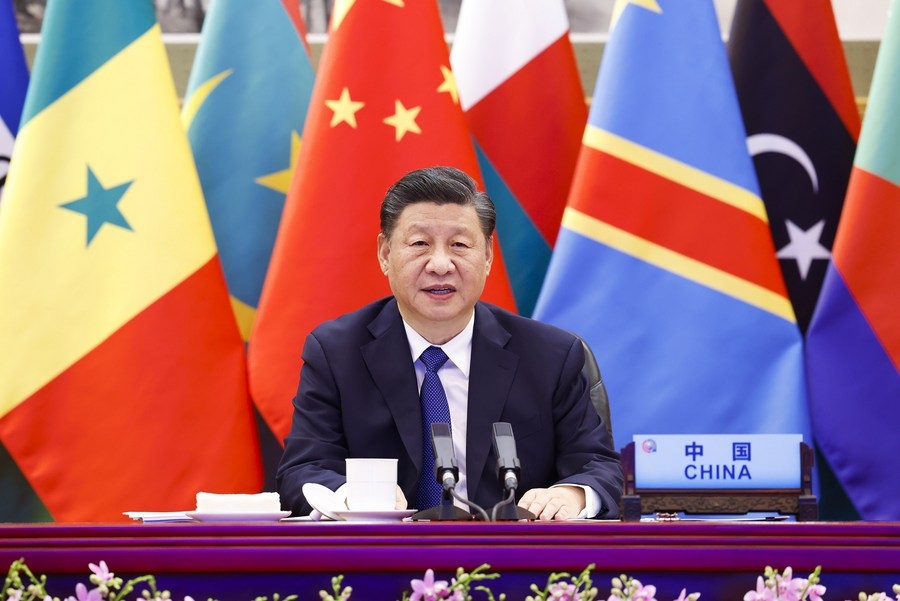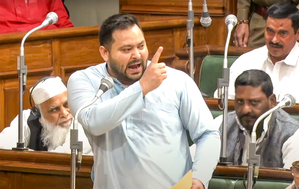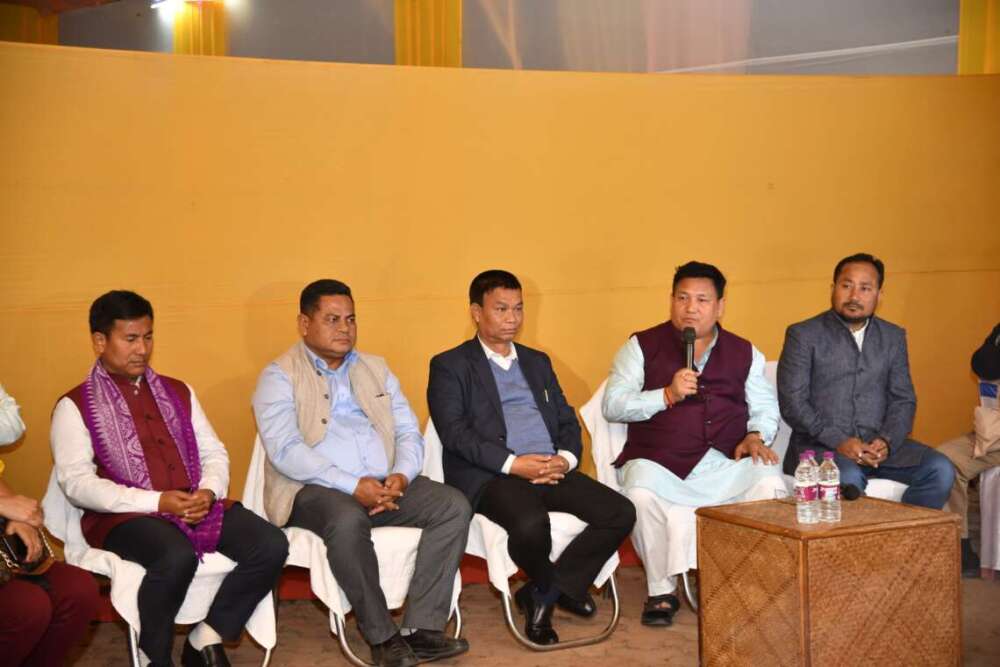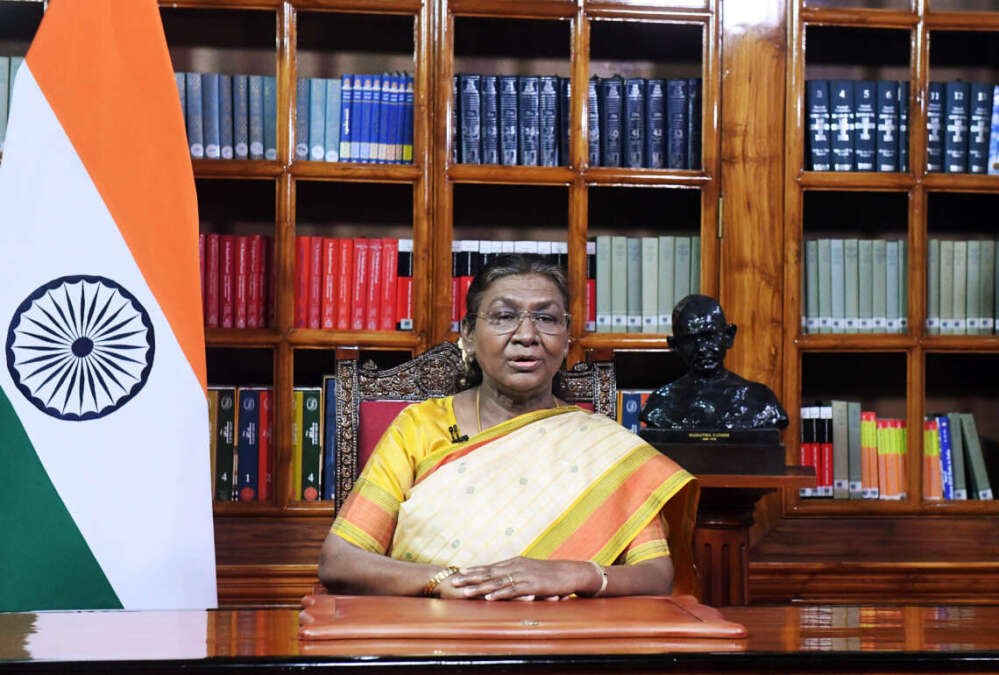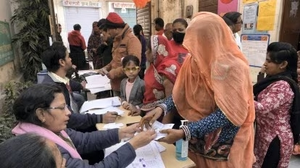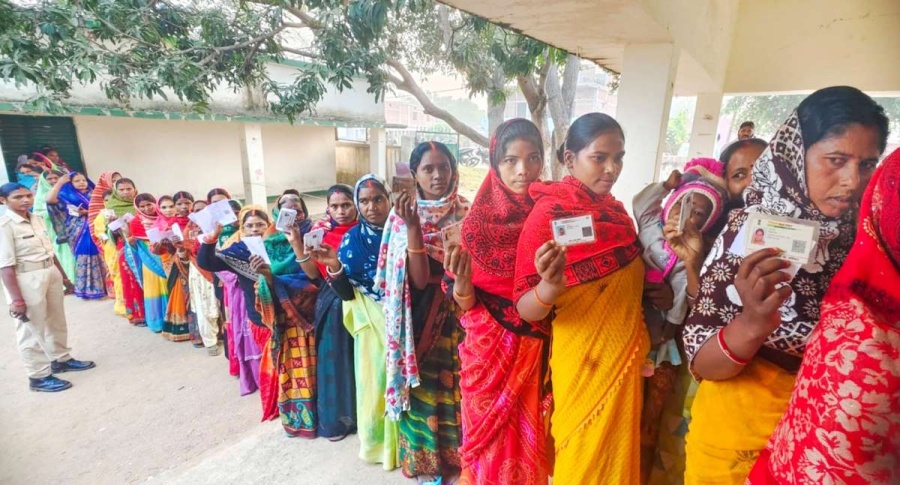Granting parole to Amritpal Singh to take his oath of office further exemplifies the strength of India’s democratic institutions, writes Dr. Jasneet Bedi
In a remarkable demonstration of the robustness and inclusivity of Indian democracy, two radical leaders, Amritpal Singh and Sheikh Abdul Rashid, are set to be sworn in as Members of Parliament. This development not only underscores the depth of India’s democratic framework but also highlights its capacity to accommodate diverse and even dissenting voices within its constitutional bounds.
Amritpal Singh, a radical preacher elected from Punjab’s Khadoor Sahib constituency, and Sheikh Abdul Rashid, a Kashmiri leader from Baramulla, have both secured their positions as MPs despite being incarcerated. Singh, who leads the ‘Waris Punjab De’ political group, contested the elections from Assam’s Dibrugarh jail under the National Security Act and emerged victorious with a significant margin. Similarly, Rashid, implicated in a 2017 terror funding case, has received approval from the National Investigation Agency to take his oath as an MP.
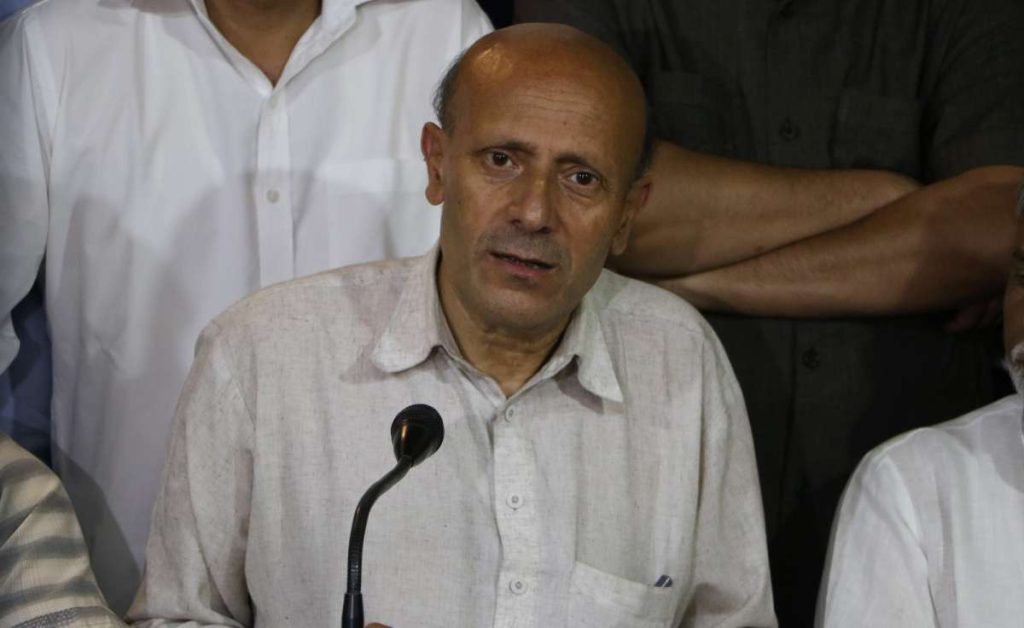
The fact that these leaders could contest and win elections from within jail cells is a testament to India’s commitment to democratic principles. It demonstrates that the Indian electoral system remains accessible to all, regardless of their legal predicaments. This inclusivity is a cornerstone of Indian democracy, ensuring that every citizen, regardless of their ideology or legal status, has the opportunity to participate in the democratic process.
Granting parole to Amritpal Singh to take his oath of office further exemplifies the strength of India’s democratic institutions. This decision, facilitated by the Punjab Government and approved by Lok Sabha Speaker Om Birla, illustrates a respect for democratic mandates and the will of the electorate. By allowing Singh to be sworn in, the state upholds the principle that electoral victory bestows a legitimate mandate, which must be respected within the constitutional framework.
Moreover, the parole granted to Singh, with certain conditions, and the subsequent approval for Rashid to take his oath, reflect a nuanced approach to balancing security concerns with democratic rights. These decisions involve coordination between state authorities, judicial bodies, and national security agencies, highlighting the intricate checks and balances that sustain Indian democracy.
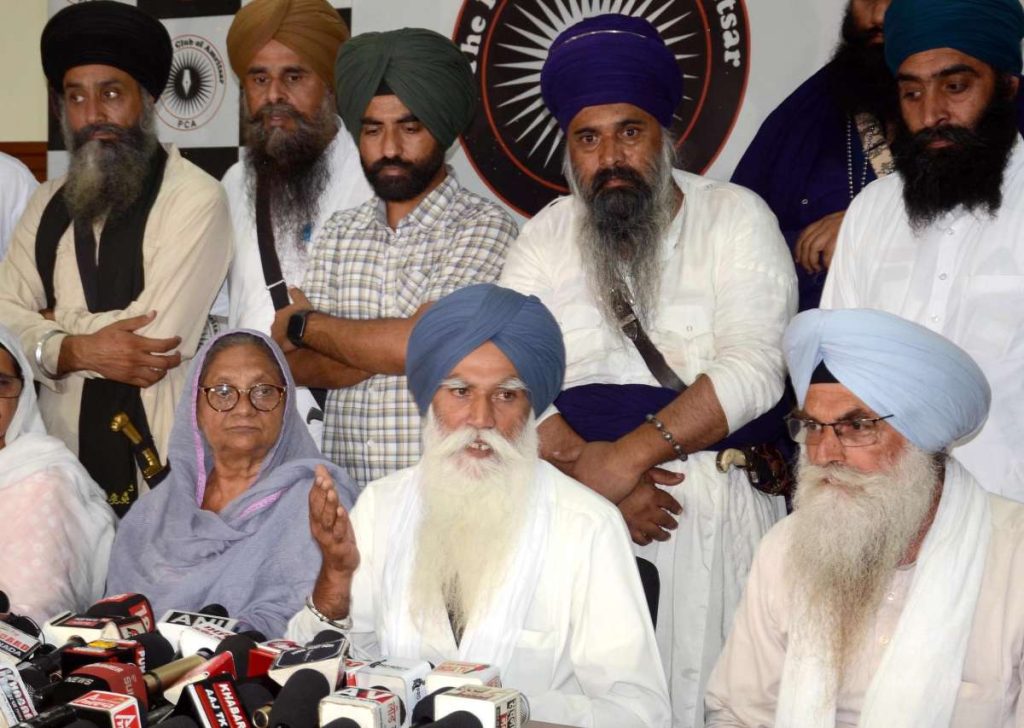
Critics might argue that allowing individuals with radical or controversial backgrounds to hold office could undermine national security or the sanctity of democratic institutions. However, the Indian democratic framework is robust enough to manage these complexities. It is precisely this ability to incorporate diverse viewpoints and navigate challenging scenarios that strengthen democracy. Including radical voices within the constitutional framework serves as a safety valve, allowing dissent to be expressed within legal and institutional confines rather than through extralegal means.
The swearing-in of Singh and Rashid in the Speaker’s room, albeit under the supervision of concerned agencies, symbolizes a commitment to upholding democratic processes. It sends a powerful message that India values the rule of law and the democratic rights of its citizens, even when they hold dissenting or radical views.
The upcoming oaths of Amritpal Singh and Sheikh Abdul Rashid as MPs reflect the strength and resilience of Indian democracy. By accommodating radical voices within the constitutional framework, India reaffirms its commitment to inclusivity, democratic principles, and the rule of law. This approach not only strengthens the democratic fabric of the nation but also ensures that all voices, regardless of their nature, have a platform within the legal and constitutional boundaries.
(The opinions expressed in this article are those of the author)
ALSO READ: China Promoting Fake Anti-India Sikh Protests In The West




